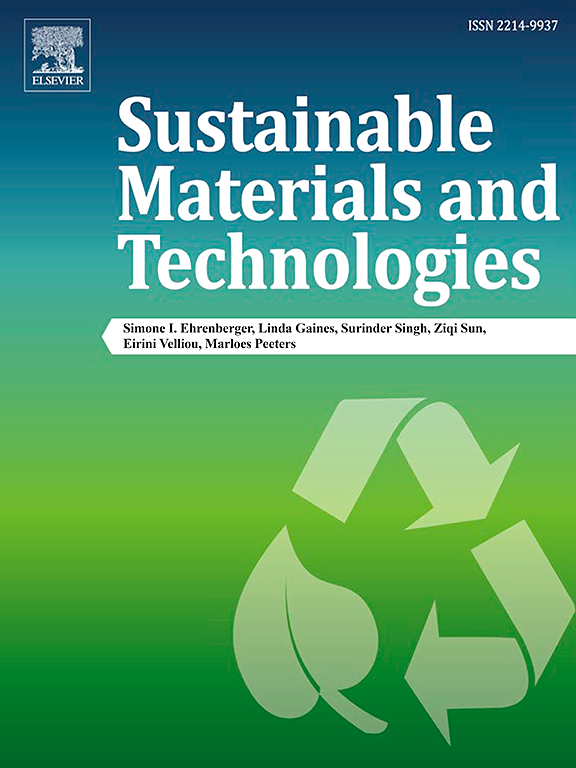Towards a sustainable future: Advances and roadmap of activated carbon as a cost-effective bio-nanomaterial for electrochemical devices
IF 9.2
2区 工程技术
Q1 ENERGY & FUELS
引用次数: 0
Abstract
Advancements in cutting-edge technologies, including microfluidics, embedded electronics, nanotechnology, and materials science, have promoted a new area in the design of reliable and sensitive sensors, biosensors, and robust energy storage devices based on sustainable electrodes. In the last decade, activated carbon (AC) has been re-introduced in the design of electrochemical sensors and energy storage devices due to its attractive electroanalytical features, sustainability, and cost-effectiveness. The present review paper provides a general overview of the most recent advances in the state-of-the-art on activated carbon-based electrochemical sensors and energy storage devices emphasizing the current trends and possible challenges to this promptly developing area, with special attention on the bio-synthesis of activated carbon from biomass precursors to the fabrication of sensors and bio-sensors (e.g. enzymatic, immunosensors, and DNA-based) as well as the fabrication of energy storage devices notably supercapacitors, to inspire researchers towards green devices and contribute to the requirements claimed by the United Nations (UN) to boost concrete contributions for water cleaning/sanitation, good health/well-being, and clean energy using green, and affordable analytical solutions.

迈向可持续发展的未来:活性炭作为一种具有成本效益的电化学装置生物纳米材料的进展和路线图
尖端技术的进步,包括微流体、嵌入式电子、纳米技术和材料科学,推动了可靠和敏感传感器、生物传感器和基于可持续电极的强大能量存储设备设计的新领域。在过去的十年中,活性炭(AC)因其具有吸引力的电分析特性,可持续性和成本效益而被重新引入电化学传感器和储能装置的设计中。本综述综述了活性炭基电化学传感器和储能装置的最新进展,强调了这一快速发展领域的当前趋势和可能面临的挑战,特别关注了从生物质前体到传感器和生物传感器(如酶、免疫传感器、和基于dna的)以及能量存储设备的制造,特别是超级电容器,以激励研究人员朝着绿色设备的方向发展,并为联合国(UN)提出的要求做出贡献,通过绿色和负担得起的分析解决方案,促进对水清洁/卫生、良好健康/福祉和清洁能源的具体贡献。
本文章由计算机程序翻译,如有差异,请以英文原文为准。
求助全文
约1分钟内获得全文
求助全文
来源期刊

Sustainable Materials and Technologies
Energy-Renewable Energy, Sustainability and the Environment
CiteScore
13.40
自引率
4.20%
发文量
158
审稿时长
45 days
期刊介绍:
Sustainable Materials and Technologies (SM&T), an international, cross-disciplinary, fully open access journal published by Elsevier, focuses on original full-length research articles and reviews. It covers applied or fundamental science of nano-, micro-, meso-, and macro-scale aspects of materials and technologies for sustainable development. SM&T gives special attention to contributions that bridge the knowledge gap between materials and system designs.
 求助内容:
求助内容: 应助结果提醒方式:
应助结果提醒方式:


